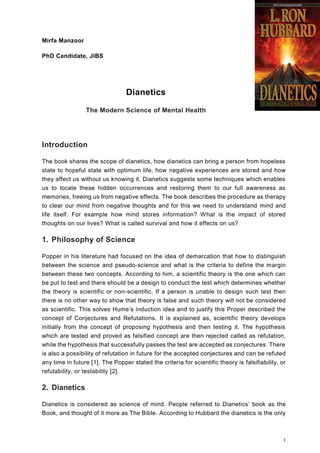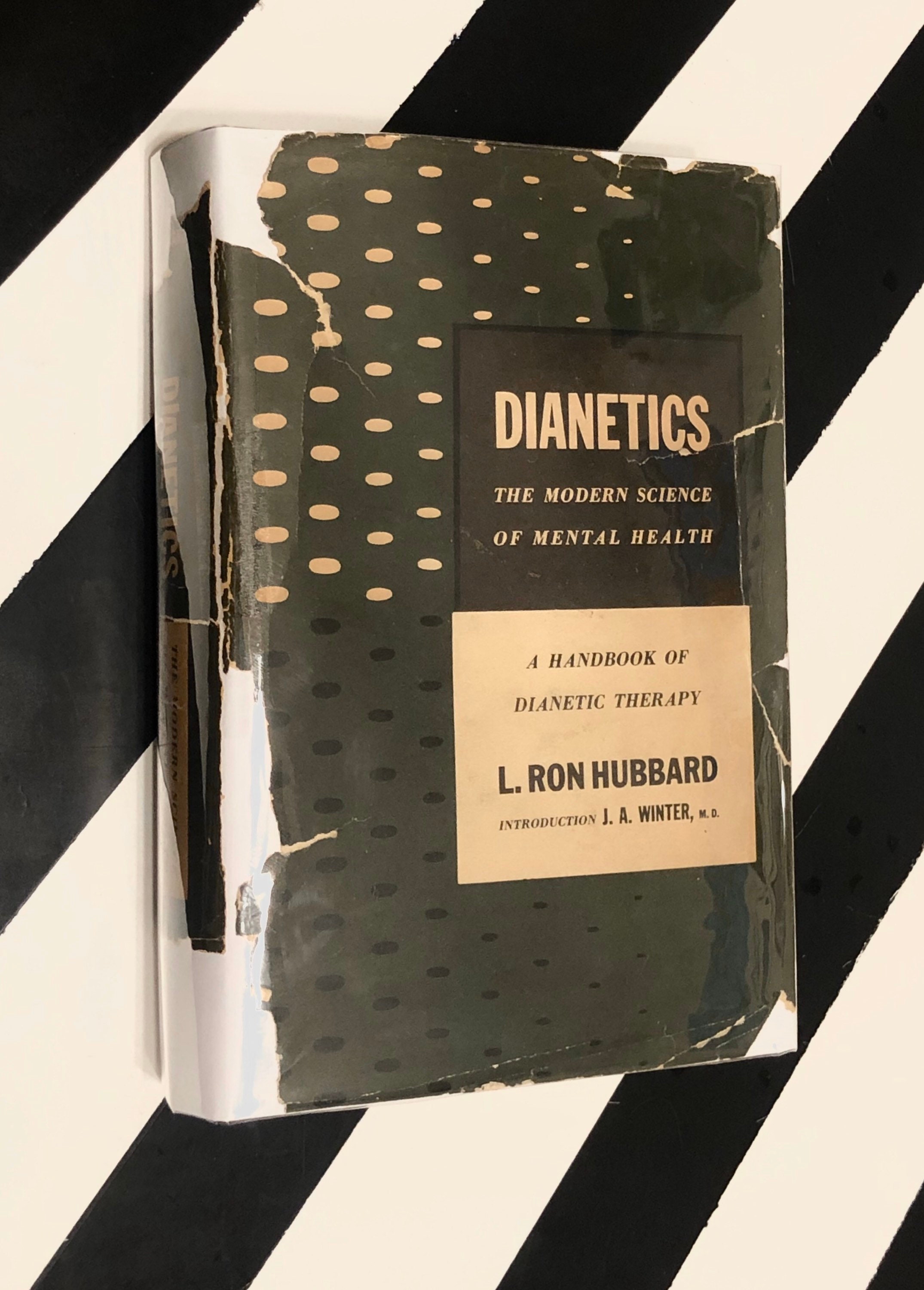5 Simple Techniques For Dianetics
5 Simple Techniques For Dianetics
Blog Article
Not known Factual Statements About Dianetics
Table of ContentsAll about DianeticsThe Best Strategy To Use For DianeticsDianetics Fundamentals ExplainedNot known Details About Dianetics
I could not ever not desire to receive anything that comes to mind for you- if it was or else, I wouldn't be sitting right here with you, doing this. I not just can never ever have a trouble, or otherwise wish to hear something that comes to mind for you, yet I'm totally eager to recognize every idea, every idea, every picture or feeling that emerges or shows up for you- don't ever assume or else, and if for one reason or another you do, please simply allow me know! Sometimes, you might have a thought, and image, idea or incident appear that does not seem to respond to the concern, or connect to it, however however, always do tell me regarding it, and as we continue, the importance will emerge for you.This is intrinsic in the basis of processing, and the topic of this discussion: the basic functions of the therapist and the client: The basic duty of the counselor is, in contrast to "common training", not to control, which suggests to impose and/or hinder, but to instead function from the basis of EMPOWERING THE CLIENT.

The 3-Minute Rule for Dianetics
John Mcmasters shared this basic reality wonderfully well in among his talks on Power processing, wherein he discusses how he was asked what this "special propensity" was that he had for offering such fantastic sessions; he had to assume about that for a moment, and found that it was what he had not been doing, as well as what he was doing: he wasn't examining, evaluating, computer, or actually, producing any kind of thoughts, not to mention verbal expressions, after giving the command and while waiting on the computer to finish their solution to their satisfaction; he was, merely and only, existing with the PC, and completely interested.
The role of the therapist, showed; that was his "unique knack". I have actually had my very own experience which taught me this well, really beforehand in the video game. In 1982, having actually just recently completed my training and teaching fellowship on New Age Dianetics, I was running this on a PC, and there was a factor in the session where (being a little bit wet behind the ears not yet having numerous hours under my belt as a specialist auditor) the computer seemed to be "taking too lengthy" to share anything vocally after I provided him a command.
This secret became one of the most beneficial payment that John ever before made to the topic of treatment or auditing (Dianetics). In my simple opinion, it is the biggest contribution that anyone has ever before made to these subjectsthe application is entirely find out here non-judgemental, non-evaluative, and without any recommendation, advice or opinion.no preconceived agenda for individuals, or 'levels' that they must do
In Scientology we prided ourselves on not examining for people. All that actually meant was that the auditor did not Vocally evaluate for the Computer in session.
Everything about Dianetics

Any person who had actually ever seen John audit might not aid but see a distinct quality in his auditing."The customer's standard role is to be there with the function of relocating the direction of their spiritual goals, and to openly and fully express and experience whatever shows up for them in answering the concerns and carrying out the guidelines in the handling.
This is something to procedure as needed. Likewise, individuals regularly have previous experience and/or indoctrination in auditing/processing which, in some methods, and see this site to some levels, in fact deceives them into mindsets, concepts and actions patterns that avoid the complete awareness of these duties, and so they will tend to inhibit the expressing of what comes to mind, as in the instances given above - Dianetics. * The first, and perhaps leading instances of mis-indoctrination resulting in much less than totally smooth and efficient sessions, can be discovered in certain facets of the training routines, or "TR's":"TR's" are frequently a person's initial, or at the very least early, experience in Scientology, and while I will certainly take place to describe what I see as the defects in concept and technique, nevertheless, often tend to be significantly therapeutic, done as they are offered (Hubbard firmly insists that "TR's are not refining, they are training", however factually, they are both processing AND training)
Alan Walter made comparable monitorings, and enhanced these with his "Existence Processes". There is no "flunking", and no rejection of the truth of this being handling. The focus, as it ought to be, gets on experiencing the other individual's existence. All the manifestations which get a "fail" in doing "TR-0" are simply the read this being's initiatives to withstand the various other individual's presence, and instead of being bothered and nagged with "Flunk", which enforces "failure!" on the being, one merely requires to be urged to "stick their feet in the water a little much deeper", to progressively rehabilitate their capacity and readiness to totally share and experience "being right here", or "presence", with others.
Dianetics for Dummies

Report this page